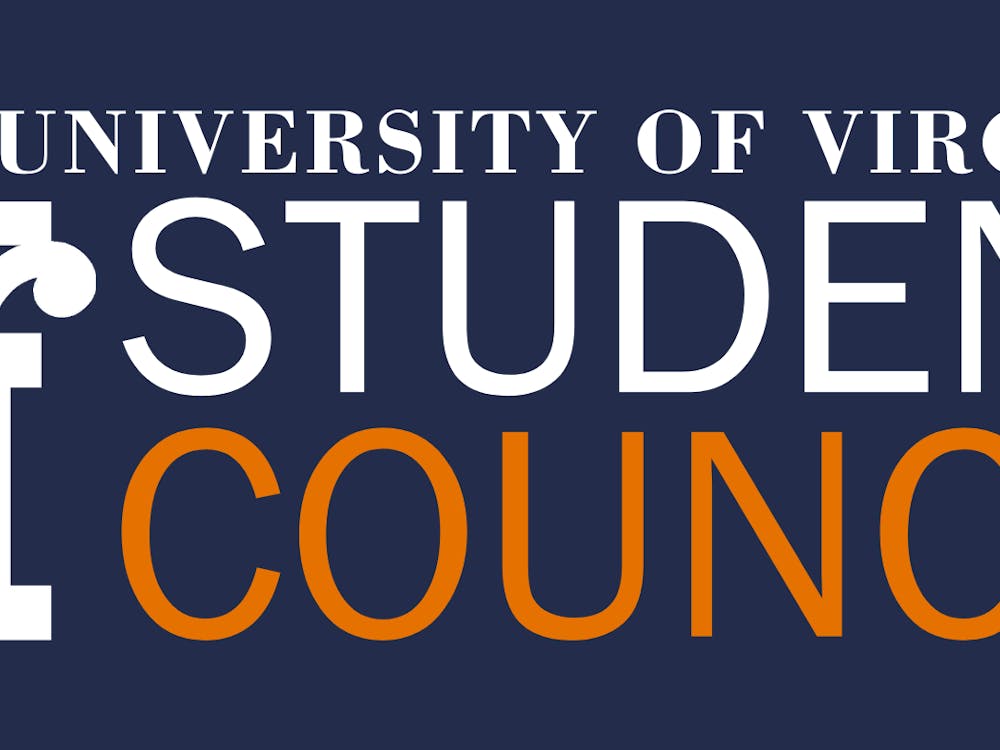With over 21,000 students currently enrolled in the University, there has to be at least a handful of Swedish folk speckled across the crowd. Here’s my suggestion — find one and take him or her out to coffee. Why? Because in doing so, you may discover a key characteristic of effective diplomatic leadership and the very essence of global citizenship amidst world of ever-increasing international reflexivity. Simply put, you may discover lagom.
Lagom loosely translates to “the perfect amount of something” or “balance,” i.e. the Goldilocks of cultural nuances. But as we Americans can attest, it’s either “Go big or go home.” Consider some of the superfluities we champion in the States: hummers, supermalls, Superman, Big Oil, Super PACs — the impressive products of a liberated people empowered by democratization and unrestrained capitalist spirit. But like superheroes, corporate executives and politicians could also benefit from exercising a bit more balance in their lives. To echo Marvel’s popularized lesson in modesty — “With great power comes great responsibility.” In other words, any country that supersizes itself bears a responsibility on part of both public and private sectors to be acutely conscious of its potential influence on global communities — human and nonhuman alike. Last Wednesday, the US Ambassador to Sweden (and University alumnus) Mark Brzezinski, delivered this very message to members of Darden’s Net Impact Club — an organization focused on promoting environmentally and socially responsible business practice.
The Ambassador makes it clear that lagom is the secret to tackling the challenge of balancing the protection of vulnerable populations and ecological systems with economic development. He argues that degradation of human life and environment occurring in the Arctic has forced developed nations to recognize the real impacts of climate change due to unsustainable industrial growth. For instance, the Sami people of northern Sweden face cultural extinction as warmer winters make their ice-dependent methods of hunting, travel and communication increasingly difficult. “Modern diplomacy is all about connecting with people who may not have been connected to in the past,” asserts Brzezinski. In other words, global leaders in both business and government must learn to balance professional consultation with the engagement of everyday human beings to whom matters of foreign diplomacy and business management remain largely abstract. Brzezinski argues that in the Arctic, the virtue of lagom requires balancing highbrow diplomacy with the invaluable knowledge of the Sami.
The Ambassador has taken up several initiatives in an attempt to drive the Swedish psyche into U.S. diplomatic affairs. He is currently weaving together a four-part documentary film focused on climate challenges of the Arctic. The series will be centered on polar climate research featuring world experts as well as young leaders of the Sami people with the added panache of a popular Swedish comedian. The goal is to strike a balance between different voices so that a wider audience can relate to this difficult but important issue. He has also opened up a new chapter of the Fulbright Scholarship Program in Stockholm to provide aspiring leaders and scholars with the opportunity to engage with diverse Arctic stakeholders surrounding the preservation of this highly threatened region. Modern diplomacy demands not only a heightened sensitivity to diverse peoples, but also smarter engagement with younger generations who ultimately have to step up to face the challenge.
We millennials face a world of unprecedented cultural and economic connectivity, forcing us to think about our own responsibilities as members of a global community. For example, Brzezinski argues that if we wish to balance economic development with environmental preservation in the United States, we must first acknowledge other countries such as Sweden who currently lead the world in sustainable economic practice. The Swedes derive nearly 50 percent of their power supply from renewable sources, while recycling over 99 percent of their waste — a huge lead over the United States’ 16 percent and 35 percent, respectively.
Sweden’s lessons in practice and behavior are crucial to our future leaders. If we ignore the broader climate externalities of our indulgent economic behaviors, then we will fail to uphold our responsibilities as global citizens. When most of our parents were in their college prime, the idea that our collective normative behaviors could cause the extinction of an entire people’s way of life would have been unfathomable. However, the interests of the Sami and other vulnerable populations subsisting in the Arctic are no longer untethered from our own. Thus, the onus is on our generation to exercise virtues of balance and modesty. We have a lot to learn from the Swedes.
Lagom is as crucial to modern diplomacy and global citizenship as it is to individual everyday life. In Swedish culture, lagom accounts for respectful silences during meals and discussions, as well as a more modest diet. The term even originates from an old Viking expression “laget om” meaning “around the team” whereby Viking soldiers would be careful to take only their fair share of communal wine. Needless to say, the virtue of moderation in consumption and behavior could serve us college students well. So I suggest that the next time you find yourself amidst a bunch of boisterous boozers or braggarts, be sure to exercise your inner Swede in order to restore some balance to the moment. Talking or consuming without listening is a direct path to disaster. As Brzezinski would attest — we Wahoos, just like diplomats and business managers, could use a bit more lagom in our lives.
Will Evans is a Viewpoint Writer.





